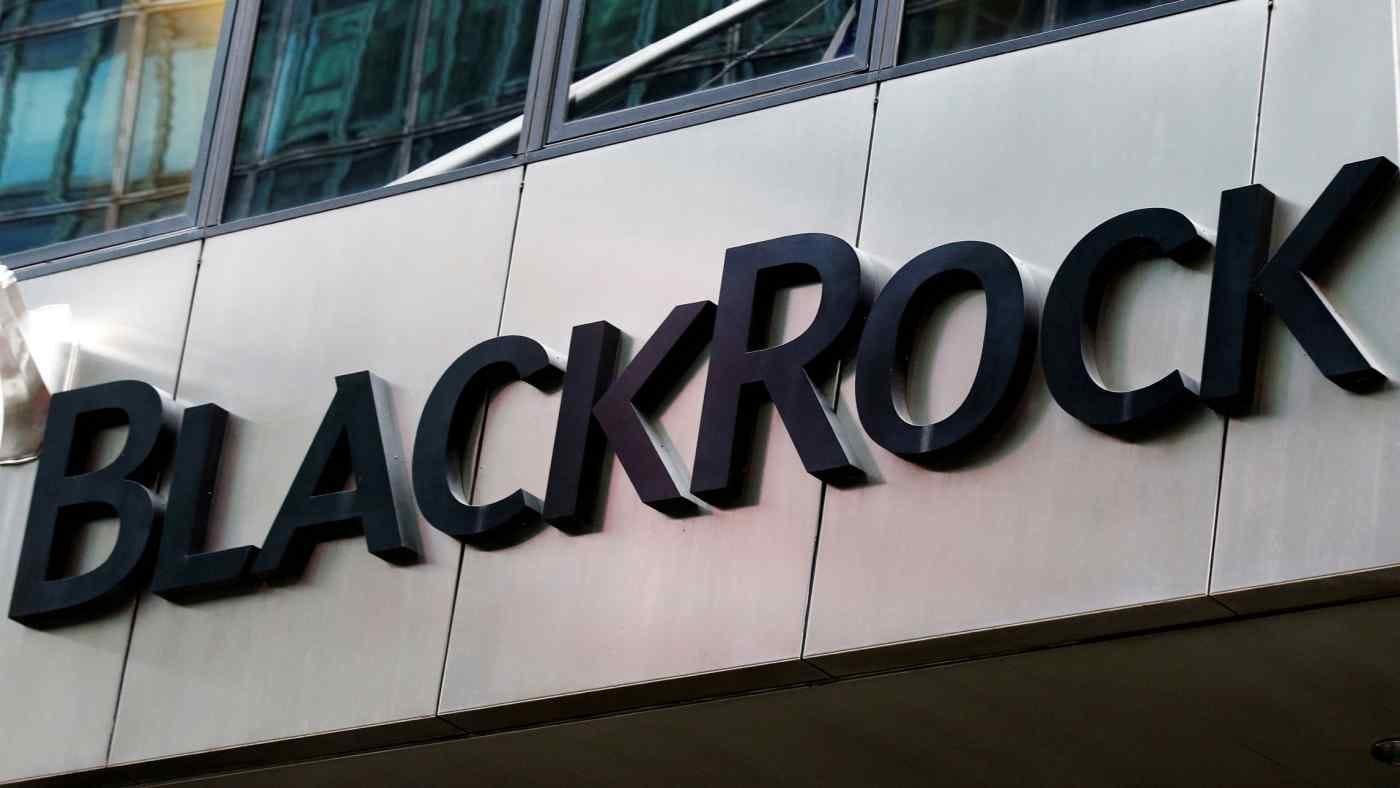Blackrock Is a “Modern Day Dutch East India Company” Say Activists
Organizations Demand the Asset Holder Cancel USD 220 Million of Zambia’s Debt

On 14 August, US-based organizations rallied in front of the BlackRock world headquarters in New York City to demand that the massive investment company cancel the USD 220 million it holds in Zambia’s external debt. Organizations that participated in the action include the Act Now to Stop War and End Racism (ANSWER) Coalition, the Peoples Forum, the Debt Collective, Nodutdol for Korean Community Development, Friends of the Congo, and Friends of Swazi Freedom.
For years, Zambia has been stuck diverting public funds to service its foreign debts. These debts are themselves a legacy of colonialism, as Thomas Sankara said in a 1987 speech at the Organization for African Unity, “Debt is a cleverly managed reconquest of Africa aimed at subjugating its growth and development through foreign rules.” Meanwhile, most of the Zambian people live in poverty, with high rates of hunger and stunted growth of children.
Nova Felder of the organization Bridging Africa and Black Americans addressed the crowd before marching to the BlackRock headquarters, saying, “BlackRock and other multinational companies are modern day Dutch East India Companies. Its CEO, Larry Fink, is a modern day Christopher Columbus, BlackRock’s very own Christopher Columbus, a colonialist with an eye on the next territory to conquer for its investors and its board.”
“They are also investors in the industrial prison complex, the military industrial complex, energy corporations that stand to “protect” the environment, but also further pollute it,” Felder said, referencing BlackRock’s massive investments in private prisons, weapons companies, and fossil fuels.
Zambia’s debt is held primarily—70%—by Western institutions, although the crisis is often blamed on China by leaders in the West. Early this year, US Treasury Secretary Janet Yellen claimed that China was a “barrier” to ending the Zambian debt crisis. In a recent interview with BreakThrough News, Zambian Socialist Party president Dr. Fred M’membe criticized this narrative.
“Let’s look at the figures. Today, only 30% of Zambia’s foreign debt is held by China,” he said. “If there’s a debt trap, who holds the 30% and who holds the 70%? Who has trapped Zambia? If there’s a debt trap, really, it’s the USA and Britain that are holding Zambia at ransom in terms of debt.”
“We’re not asking for them to put off interest payments. We’re asking them to completely and totally eliminate all debt from Zambia,” said BreakThrough News journalist Eugene Puryear. “The entire system that led Zambia to even take out debt is immoral and unjust.”
“[Colonizers] constructed a whole system to force Zambians and people from Zimbabwe and South Africa to work in the mines for basically slave wages,” said Puryear. “They forced people out of their villages, off the land, into the mines, to mine the diamonds, to mine the gold. Then they stole the money… and put it in their own banks and built big buildings just like this. Big mansions all around the world. Yachts going from coast to coast. It’s all stolen money. So not only should they forgive the debt just generally because it’s the right thing to do, but quite frankly, it is part and parcel of the reparations that are due for African people for 500 years of colonialism and slavery.”
According to activists, BlackRock has refused to even reduce the interest rate on Zambia’s debts or even delay payments, as the company stands to make enormous profits if the debts are paid in full. As Puryear described, the Socialist Party of Zambia, a strong voice against the Zambian government’s acquiescence to foreign debt holders, is “being brutally attacked again, shot, beaten, having elections rigged, thrown in prison just for saying that the needs of the average Zambian person to eat, to have shelter, to have clothes, to be educated, to have health care is more important than the right of BlackRock to make profit.” Recently, Dr. Fred M’membe was arrested and released shortly afterward.



